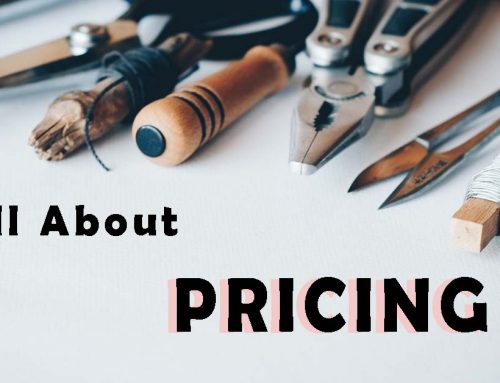You’ve heard of the brave entrepreneurs who quit their jobs and sink their entire 401k and savings into starting their new business. Sometimes it works out great, but sometimes it’s not the American Dream fairytale we are used to seeing. Starting a business is absolutely a viable path for anyone, no matter where they are in their career journey. However there are different ways to approach this, seeing as everyone is in a different place. Dropping everything and starting your dream business may be the way to go for you, or it could be the end of your business before you have the chance to start. Here is our guide to help you decide which route you should take!
Go Slow.
1.You have a great idea but may not have all the knowledge yet.
Perhaps you are a great marketer, and you know your product inside out, but you don’t know the first thing about accounting, or how you can do your own bookkeeping. As tempting as it can be to quit your job and go all in, it might be in your best interest to get a handle on some of the aspects of your business you’re not sure about. It doesn’t have to be an expensive college course – take a Udemy course, or if you have a Masterclass or Coursera subscription you can absolutely use those to learn almost everything you need to know about starting your small business!
2. Of course – money.
Realistically it takes a lot of money to get a business off the ground, depending on the business and industry. Regardless of how much you anticipate needing to get started, there are your own living expenses to consider and also your dependents. Of course not all entrepreneurs are young adults with nothing to lose, in fact many US entrepreneurs have at least one dependent, meaning they are the sole providers of their family, or have children. Women in particular are affected by this because the majority of the time they are the caretakers of their family and do not have as much time to run a business, not to mention only 2.3% of venture funding goes to women.
Check out our panel on funding for entrepreneurs here!

3. Know yourself.
Some people excel under pressure – some people don’t. Know whether having the pressure to succeed will be overwhelming or just the fire you need to push yourself to succeed. Working two jobs may feel overwhelming, and tiring, but it can enable you
“to tap into the creative joy of learning and experimenting, which can often get lost — quickly — when they’re overlaid with financial exigencies.” (read more here) Having a job to keep the financial stress of you and your business can help your business in the long run. Keeping your passion alive for your business is absolutely essential to your entrepreneurial journey- when things get hard (and they will) the drive to make your business succeed will stem from your excitement and dedication to the idea.
Go All In.
- You have the funds, the knowledge, and a plan.
Deciding to quit your job doesn’t seem like the most pragmatic approach, but there are times it is the best step to take for your business. For example, if you have the knowledge, the experience and the basics of your business figured out, it may be better worth your time to go all in and dedicate yourself full time to getting your business off the ground and start running. This is absolutely not for everyone! You of course have to have the funds to get your business started AND to support yourself while your funds are taken by your business. Quitting your job to start your own business requires more than the seed money for your business – it requires having the appropriate savings and expendable income to live on while you get your business up and running. This may include cutting costs, considering small business loans,and of course getting as much “free money” as you can! Entering pitch competitions, and applying for grants are a couple of examples. As an entrepreneur you will have to get used to asking for money and help as you get started.

“Before you proceed, get as realistic a sense as possible of these three things:
How much startup capital you need to open your doors (whether real or virtual) and begin selling your product or offering your services. How long until you’re able to break even and actually make money. How much money you currently need to, you know, keep living”
- Have you done the appropriate research?
You know you have to research your demographics, your competition and get your business plan straightened out, but it’s just as important to make sure you go about these things in the right way. When researching demand for your product it’s tempting to find what you want to see; that your idea is either unique and solves a common problem, or is a high demand product/service that you know you can compete in. However it can be much more helpful to be your own biggest skeptic at first; this article even recommends “try to prove that the idea is terrible, and, when you fail to do so, you can be confident that you’re onto something.” If you have done all the appropriate research with your own skeptical attitude, and still feel as though you’re doing something that you know you can turn into a profitable business in the amount of time you have allotted yourself to go without an income- it may be time to go for it!
There you have it! Starting a business is a viable option no matter your age or stage in your career; there are successful entrepreneurs of all backgrounds and situations. With the right amount of research, work, and dedication to persevere you can bring your business to life. Whether you quit your job tomorrow or a year from now, you know yourself best and we hope this has been helpful to you as you decide to start your entrepreneurial journey- it’s never too late to start!







Leave A Comment